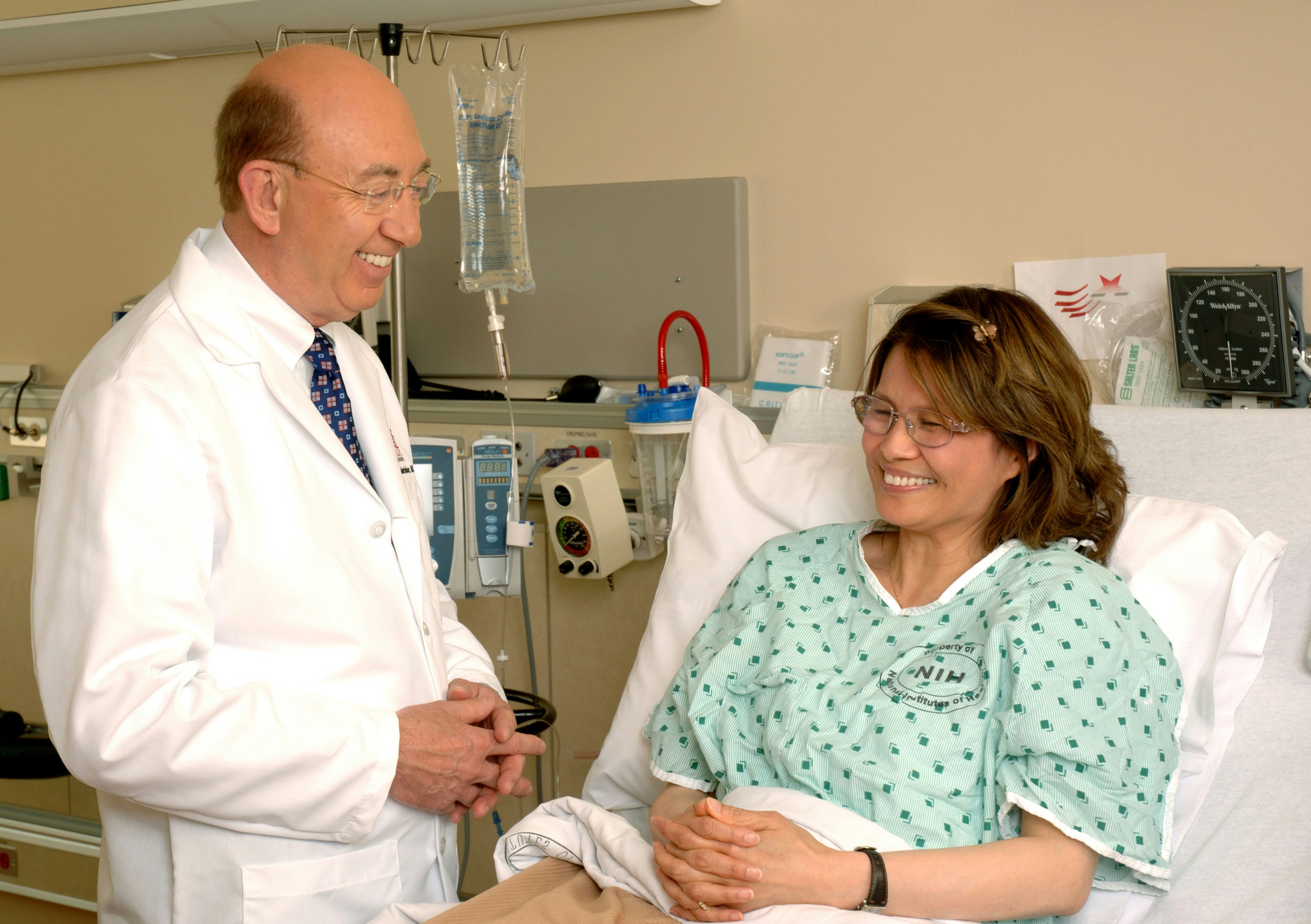Did You Know That 24/7 Nurses Can Improve Patient Outcomes Significantly?
In healthcare settings, the continuous presence of nursing staff can make a profound difference in patient recovery and overall health outcomes. The 24/7 nursing care model represents a comprehensive approach to patient monitoring and intervention that extends beyond traditional daytime-only care. By maintaining consistent nursing coverage throughout nights, weekends, and holidays, healthcare facilities can ensure patients receive timely attention precisely when they need it most—even during critical overnight hours when health emergencies frequently occur and staffing has traditionally been minimal.

Immediate Response to Changes in Vital Signs
When patients experience sudden changes in their condition, minutes—or even seconds—can make the difference between a minor intervention and a life-threatening situation. With 24/7 nursing care, vital sign deviations are caught promptly rather than during the next scheduled check. Continuous monitoring by professional nurses means that drops in oxygen saturation, dangerous blood pressure fluctuations, or concerning heart rhythms receive immediate attention.
This constant vigilance is particularly crucial for high-risk patients such as those recovering from surgery, those with unstable medical conditions, or elderly patients with multiple comorbidities. Research shows that early intervention following vital sign changes significantly reduces the likelihood of patient transfers to intensive care units and decreases overall hospital mortality rates. The presence of qualified nurses around the clock ensures that concerning changes don’t go unnoticed during overnight hours when patients may be unable to advocate for themselves effectively.
Early Detection of Complications
One of the most valuable aspects of 24/7 nursing care is the ability to identify potential complications before they escalate into serious medical emergencies. Trained nurses working continuous shifts can spot subtle signs that might otherwise be missed—slight changes in mental status, minor increases in pain levels, or small alterations in wound appearance that could indicate developing infections.
This proactive approach to complication management yields impressive results. Studies consistently demonstrate that facilities with round-the-clock nursing presence experience fewer instances of sepsis, pneumonia, pressure ulcers, and other preventable complications. For example, post-surgical patients benefit tremendously from overnight monitoring that can detect early signs of internal bleeding or infection. Similarly, stroke patients receive more consistent neurological assessments, allowing for faster intervention if symptoms worsen.
The early recognition of complications not only improves clinical outcomes but also significantly reduces healthcare costs associated with extended hospital stays and intensive treatments required when problems advance to more serious stages.
Prevention of Falls and Medication Errors
Patient safety incidents, particularly falls and medication errors, remain persistent challenges in healthcare settings. The implementation of 24/7 nursing care directly addresses these concerns through consistent monitoring and proper protocol adherence at all hours.
Fall prevention benefits tremendously from around-the-clock nursing presence. Nurses can regularly assess patients’ mobility status, ensure appropriate assistance during nighttime bathroom visits, and maintain safe environments even during overnight hours when disorientation and confusion are more common. Healthcare facilities that implement 24/7 nursing models typically report fall reductions between 20-30% compared to those with limited overnight staffing.
Medication errors also decrease substantially with continuous nursing coverage. The “medication reconciliation” process becomes more thorough when professional nurses manage all administration points throughout the day and night. Critical medications are given at precisely the right times rather than being delayed until morning, ensuring therapeutic levels remain consistent. Additionally, adverse drug reactions can be identified immediately rather than being discovered hours later during shift changes.
Enhanced Communication and Care Coordination
The continuous presence of nursing staff creates a seamless communication channel that benefits both patients and the broader healthcare team. Rather than information being passed between multiple shifts with potential gaps, 24/7 nurses maintain consistent knowledge about patient conditions, preferences, and needs.
This communication continuity translates directly to improved care coordination. When physicians make rounds, nurses who have been continuously monitoring patients can provide more comprehensive updates rather than limited information gathered only during their shift. Family members benefit from having knowledgeable staff available for updates regardless of the time of day, reducing anxiety and improving satisfaction.
The enhanced coordination extends to transitions between care settings as well. Patients transferring from intensive care to regular units or from hospitals to rehabilitation facilities receive more thorough handoffs when 24/7 nursing staff manages these critical transition points. This continuity dramatically reduces the likelihood of important information being lost during transfers—a common source of adverse events in healthcare.
Psychological Support and Reduced Patient Anxiety
Beyond the clinical benefits, the constant presence of professional nurses provides invaluable psychological support to patients experiencing health crises. Hospitals and healthcare facilities can be intimidating environments, particularly during overnight hours when reduced staffing and dimmed lighting can increase feelings of isolation and vulnerability.
The reassurance of knowing that qualified nursing help is immediately available alleviates significant anxiety for both patients and their families. This psychological comfort has measurable physiological benefits, including improved sleep quality, better pain management, and reduced stress hormone levels—all factors that contribute to faster healing and recovery.
For patients with cognitive impairments or those receiving end-of-life care, consistent nursing presence means they’re never left without compassionate human interaction and professional oversight. This emotional support component of 24/7 nursing care, while sometimes less quantifiable in research studies, remains one of its most valuable aspects according to patient satisfaction surveys.
Conclusion
The evidence strongly supports the significant impact that 24/7 nursing care has on patient outcomes across multiple dimensions. From the immediate response to changing vital signs to the early detection of complications, continuous nursing presence creates a safety net that catches problems before they escalate. The prevention of falls and medication errors, enhanced communication across the care team, and psychological support for patients further strengthen the case for maintaining professional nursing staff around the clock.
As healthcare continues to evolve toward models that prioritize quality over quantity, the role of 24/7 nursing care stands out as an essential component of effective patient-centered approaches. The initial investment in continuous staffing yields substantial returns through prevented complications, reduced length of stays, and most importantly, improved recovery and health outcomes for patients.
This article is for informational purposes only and should not be considered medical advice. Please consult a qualified healthcare professional for personalized guidance and treatment.




